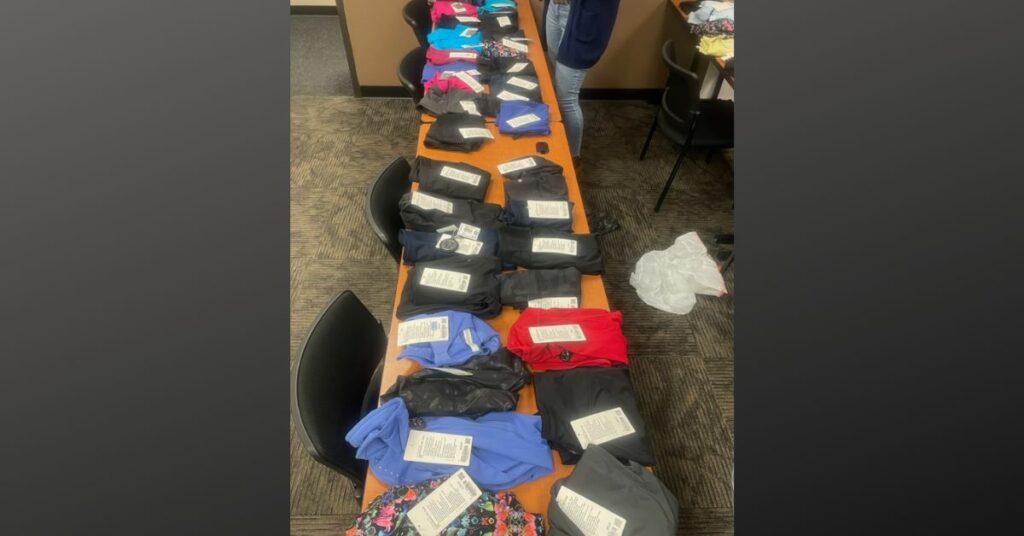On Monday(22 May 2023), Oregon’s two senators traveled to the central Oregon reservation of the Confederated Tribes of Warm Springs to commemorate the awarding of a $28 million federal grant for the construction of a new water treatment facility.
Due to a fire at the plant, which was constructed in 1981, hundreds of tribal members have been subjected to multiple boil water notices and a temporary shutdown since March.
About $13.6 million has been pledged by the Indian Health Service, and roughly $10.3 million has been set aside by the Environmental Protection Agency for a new facility.
In the most recent government spending agreement signed into law by President Joe Biden, U.S. Senators Ron Wyden and Jeff Merkley secured an additional $5 million, according to a press release. Wyden said the 4,000 people who live on the reserve had been waiting a long time for the funding.
“Today’s news takes a significant step forward to reversing that shameful and shambolic legacy of burst pipes and boils water notices for tribal families and small businesses,” Wyden said.
Merkley concurred: “I’ve been amazed by the Warm Springs’ grit and ingenuity to overcome the outdated system and continue to provide water to the community.”
The factory is now in the planning stages, and completion might take up to five years. The new facility, which will be built next to the existing one, will use water from the Deschutes River to produce potable water for the reservation.
As per that information received from wyden.senate.gov, On the same day, senators announced over $3 million in funding to repair the Burns Paiute Cultural Center in eastern Oregon and build much-needed homes on the Warm Springs Reservation.

Most of the money, over $2 million, came from an Indian block grant program run by the U.S. Department of Housing and Urban Development and was given to the Warm Springs tribe so that they could construct eight affordable dwellings for their members.
A Warm Springs housing administrator noted in a press statement that there is a severe shortage of homes in the tribe.
Wood’s employee Jamie Burleigh told the Capital Chronicle that these eight dwellings represent the beginning of a 32-unit complex. According to her, the housing authority will apply for federal funding to cover the remaining costs, and then rent or sell the properties in accordance with federal regulations.
HUD-subsidized public housing is offered to persons with incomes up to 80% of the area median, and monthly payments are capped at the end of a 30-year loan term based on a percentage of the borrower’s income.
If you want to learn more about Oregon, check out the following materials:
- DHS Says a Missing Foster Child in Oregon is in Danger.
- Oregon Governor Requests Criminal Justice Reform Bill Changes
Burleigh asserted that, out of the hundreds of residents of the reservation, just a small number live on the streets. The Native American housing authority is in the planning stages of a $4.8 million state and federally-financed supportive housing project that will include the construction of ten 600-square-foot one-bedroom dwellings.
She did not know how many houses the reservation requires or how much money Oregon has set up for the project. She said that the authority would conduct a housing needs analysis. “We don’t have enough homes for the demand,” Burleigh said. “We have a waiting list.”
The remaining funds, amounting to approximately $1 million, will be used by the Burns Paiute Tribe in eastern Oregon to restore the Tukwahone Cultural and Heritage Center. The Burns area is home to approximately 210 members of the local tribe. Downtown Burns is home to the city’s cultural hub.
The tribe is “incredibly grateful” for the funding, as per a statement sent by a spokeswoman.
“It will be a welcoming space where our culture can be seen and experienced through historical artifacts and multimedia storytelling as well as through the retail sales of traditionally handcrafted wares,” said Tracy Kennedy, director of planning and economic development for the tribe.
She also mentioned that tribal members will be able to use the space as an incubator for their own businesses, which should help the community flourish.
Stay up-to-date on what’s happening in Oregon right now by following us on Twitter.





